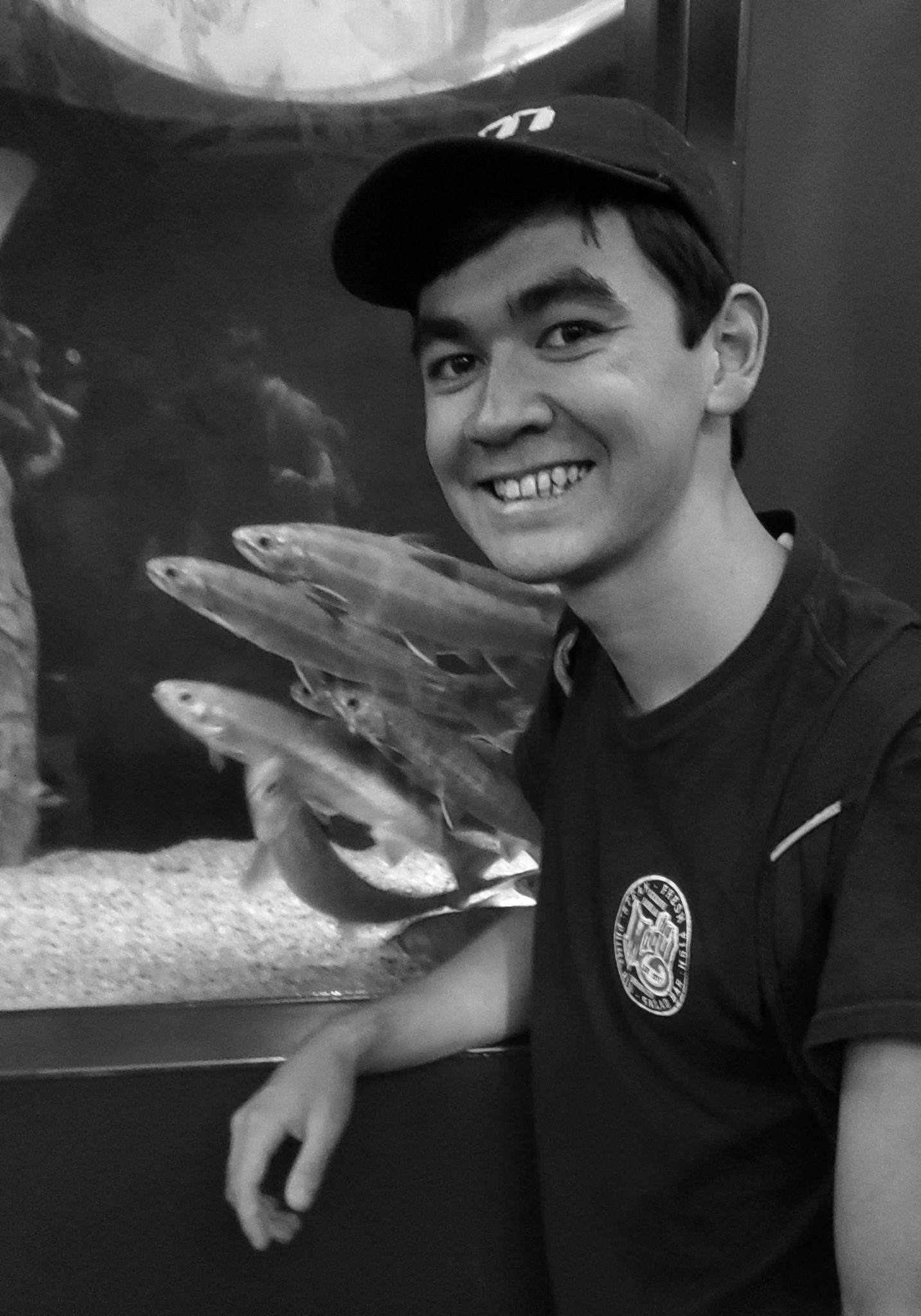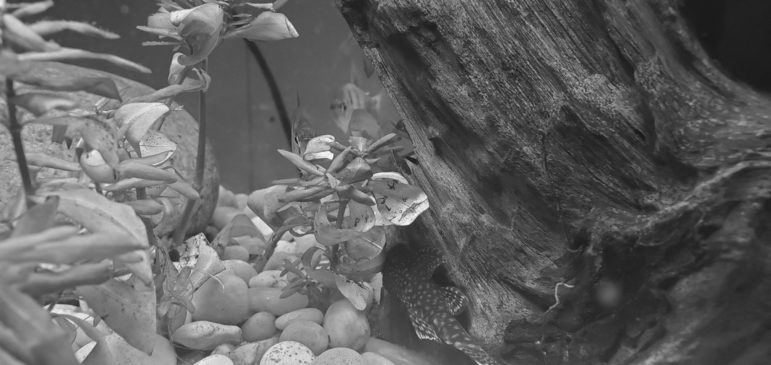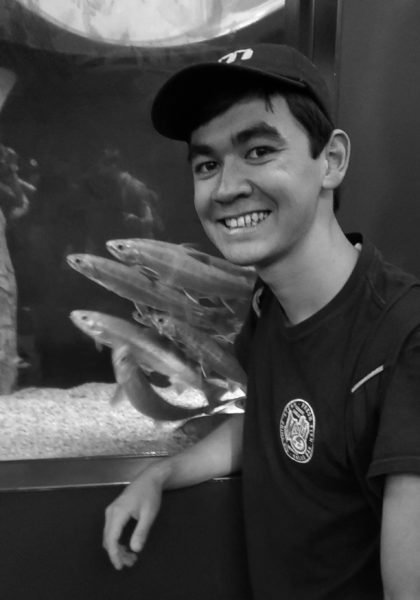

In senior Ian Koe’s free time, he often scours through data gathered from the San Francisco Bay, then organizes it into a different visual. Green and orange graphs stand out boldly against white presentation slides, each corresponding to fish population size. Koe has been running this project since 2019, looking at relationships in fish that he might be able to discover in the area.
“I was doing an internship [at the Marine Science Institute], and my boss at the time curated this database on fish data they had been collecting,” Koe said. “[They recorded the] size, the length, where they caught the fish, what kind of species they were.”
The Marine Science Institute’s primary purpose is to educate students about the environment through a direct connection to their relative area. The institute’s massive database on the fish, started in 1971, was originally a side project. With access to the information, Koe uses the programming language Python to analyze this data.
“First, I tried to format and organize [the data], so it was easier to work with,” Koe said. “From there, I started trying to learn more about the bay. I did a bit of research about different species in the environment there and the whole ecosystem and started asking questions about what relationships could there be or what could I find.”
“I’ll spend time thinking about [questions like] how can I write this code to do what I want?”
Koe’s inspiration for this project started in elementary school when he started learning about environmental issues and volunteering to support others in solving them.
“I’ve always been pretty passionate about the environment,” Koe said. “When I was young … I read something about habitat loss and how that was affecting whale sharks, and I was upset about that and wanted to do something. I came up with this idea of baking cupcakes and selling to other people at the preschool to raise some money [for] the World Wildlife Fund and [to] help with [the] protection of whale sharks.”
The World Wildlife Fund is a nonprofit organization that dedicates itself to the conservation of wildlife in areas that need help with protecting the integrity of their natural surroundings. Koe’s interest in volunteering was initially the reason why he interned at the Marine Science Institute. This evolved into the project he is working on now, which hasn’t always been a smooth process.
“I realized very quickly that I had to be thoughtful about what I was doing, plan everything out and do it in steps instead of trying to do 20 different things at [once],” Koe said.

In such a big project, there will be challenges to reaching the final destination.
“The main thing I had to learn [was] how to use all the different tools,” Koe said. “I had a general understanding of computer programming. I [had done] some [programming] in middle school and elementary school, and I learned a few [new] things too. I initially had all of the data in Excel, and I [didn’t] think that was [going to] work that well. It may be easier to use a programming language to do things instead, so my initial challenge was how [I was] going to get this data and work with it in a programming language.”
Realizing that there was much he did not know, Koe reached out to professionals for advice on this project.
“I have a family friend [who] works in computer science, so I reached out to him independently [to ask] if he had any advice for me or any ideas of what kind of tools it would be good to use,” Koe said. “If you ever have questions, it’s good to try and find people when you’re trying to work on a project or something. Teachers are great. I talked with Ms. Ward quite a bit about my project … She had ideas I could use, and I would bounce stuff off her. It was a collaborative and beneficial experience.”
Some of these roadblocks might also take the form of mental challenges, rather than learning gaps or physical difficulties, including running out of ideas or questions to ask about the environment using the data already there.
“I [would] come up with this idea and then [try to] pursue it, but you also have to stay on top of things and try to keep an order because it’s a lot more efficient to be methodical about things than to get distracted, which is annoying sometimes,” Koe said. “It is also very rewarding to find solutions to problems along the way. I’ll spend time thinking about [questions like] how can I write this code to do what I want or how can I phrase this question [better]?”
Remembering the overarching goal can be important when starting a new project or hobby, and in many cases, the goal is learning as much as possible. People tend to focus on the negatives and narrow in on grades or their college applications, but at the end of the day, a winning experience expands knowledge.
“I feel really excited to learn more,” Koe said. “It has been a really interesting experience to have access to this kind of data and just to learn not just about the bay, but also about all the different tools, how to use them, how I can apply [my learnings] … to the real world.”
Finding new and exciting ways to spend our time has gotten more difficult amid the pandemic, but engagement is more important to motivation now than ever.
“It’s important to find something you’re interested in because you can work on a project, but if you’re not interested in it, there isn’t a point in doing it,” Koe said. “You’re not going to enjoy it, and you’re just going to feel like you’re wasting your time. The project I worked on was tough, but it was definitely something I don’t regret doing. I think the experience is important.”



